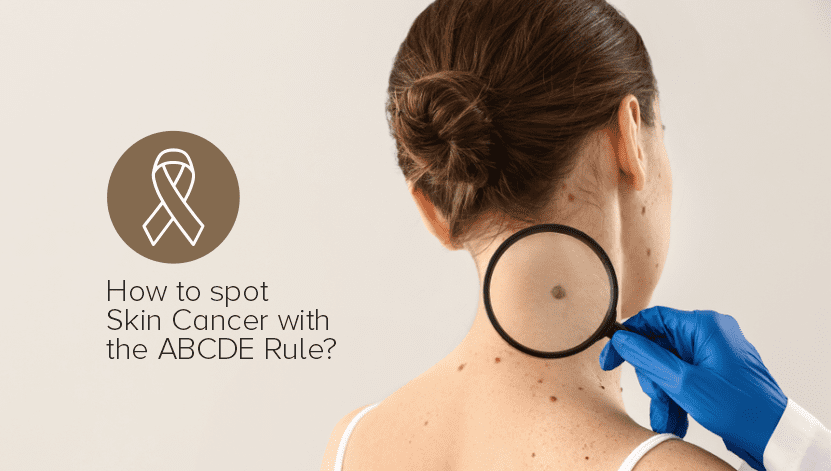Skin cancer is one of the most common types of cancer worldwide. Early detection can make a significant difference in treatment outcomes. Being familiar with your skin and knowing what to watch out for are critical when it comes to spotting potential skin cancers, particularly melanoma, which can be deadly if not caught early. The ABCDE rule is a helpful guide for the average person to assess moles and growths on their skin and determine if they need a professional evaluation.
